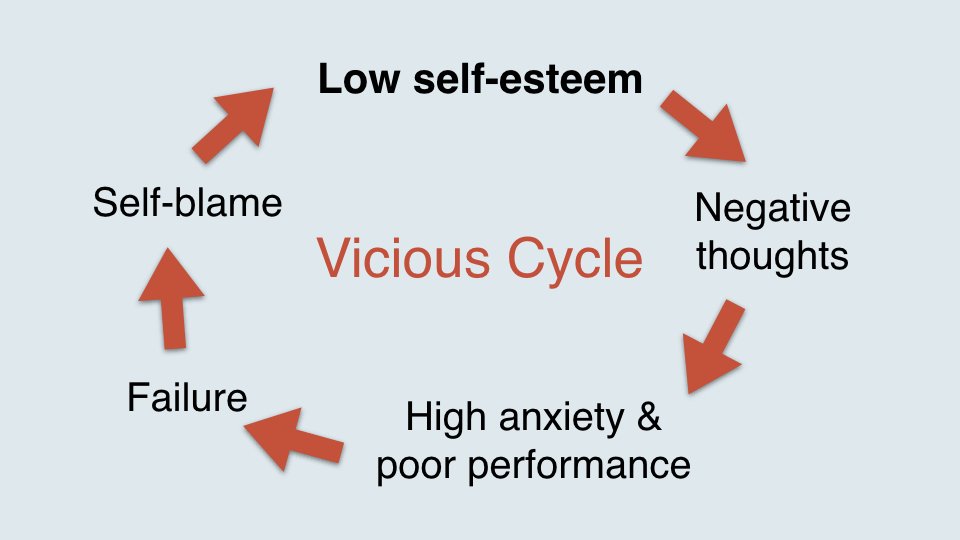self-es·teem
/ˈˌself əˈstēm/
noun
-
confidence in one's own worth or abilities; self-respect.
"assertiveness training for those with low self-esteem"
What Is Self-Esteem?
Confidence in one's value as a human being is a precious psychological resource and generally a highly positive factor in life; it is correlated with achievement, good relationships, and satisfaction. Possessing little self-regard can lead people to become depressed, to fall short of their potential, or to tolerate abusive relationships and situations.
Too much self-love, on the other hand, results in an off-putting sense of entitlement and an inability to learn from failures. It can also be a sign of clinical narcissism, in which individuals may behave in a self-centered, arrogant, and manipulative manner. Perhaps no other self-help topic has spawned so much advice and so many (often conflicting) theories.
Self-esteem can influence life in myriad ways, from academic and professional success to relationships and mental health. Self-esteem, however, is not an immutable characteristic; successes or setbacks, both personal and professional, can fuel fluctuations in feelings of self-worth.
People who experience a steady diet of disapproval from important others—family, supervisors, friends, teachers—might have feelings of low esteem, but the healthy individual is able to weather off-putting evaluations. Each person's experience is different, but over the course of the lifespan, self-esteem seems to rise and fall in predictable, systematic ways. Research suggests that self-esteem grows, by varying degrees, until age 60, when it remains steady before beginning to decline in old age.

|

